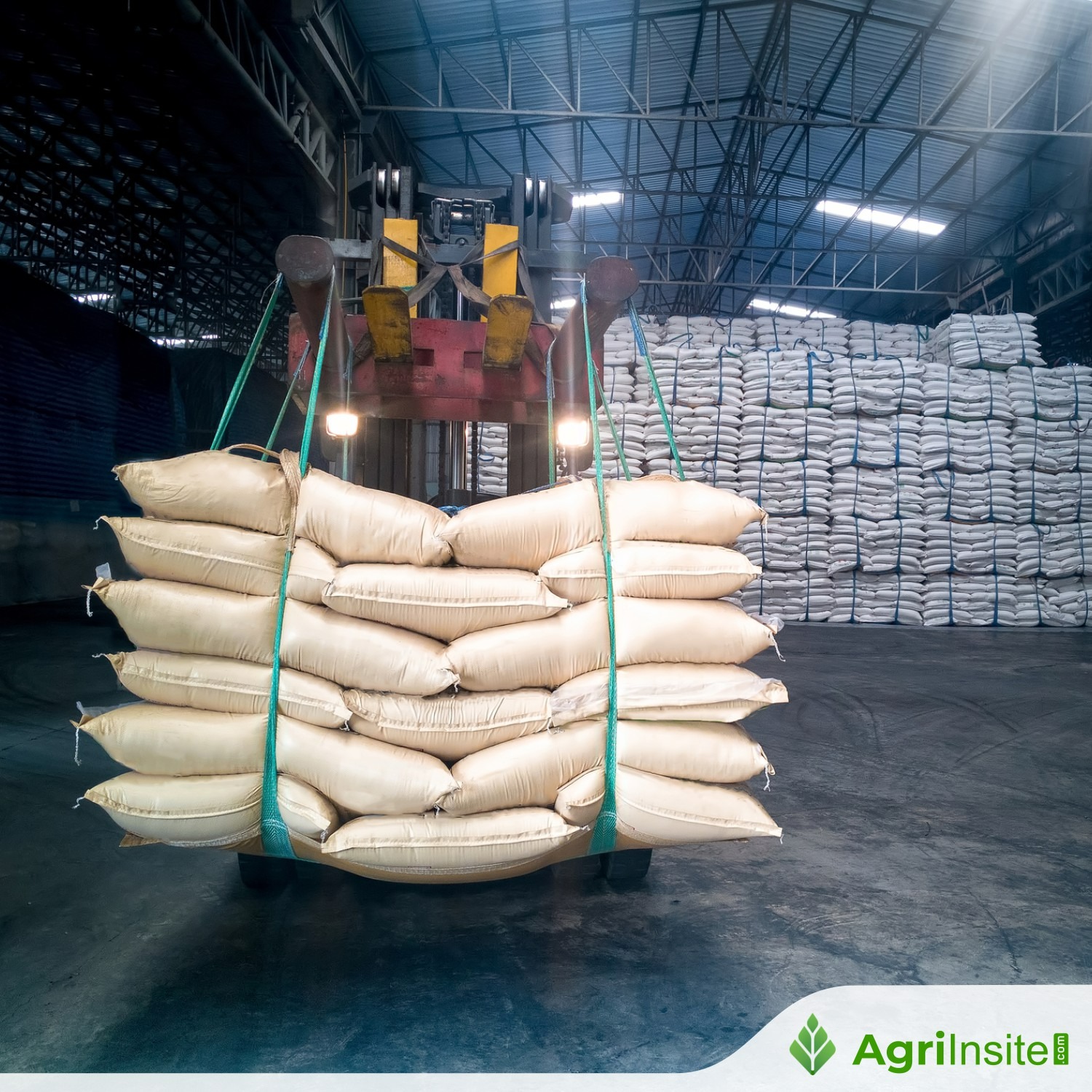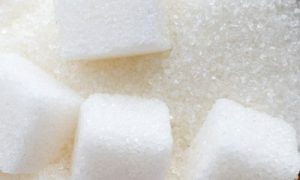For the first time in 22 years, Kenya will not import sugar: Deputy President Kithure Kindiki

Kenya will not import maize or sugar in 2025, ending 16 and 22 years of dependency, respectively. Deputy President Kithure Kindiki credited government initiatives like subsidized fertilizer for boosting local production. Kenya now produces over 900,000 metric tonnes of sugar, nearly meeting its one-million-tonne demand. The government aims to stabilize food prices and strengthen economic fundamentals.
Deputy President Kithure Kindiki has announced that, for the first time in 16 years, Kenya will not be importing maize. He also highlighted that the country will not import sugar this year, ending nearly 22 years of dependency on sugar imports.
Kindiki explained that government measures have enabled Kenya to produce enough maize and sugar for local consumption.
“For the first time in 16 years, Kenya will not import a single bag of maize. In 2022, we had to authorize the importation of 10 million bags, which dropped to around seven million in the following year. This year, we are importing zero bags of maize due to initiatives like subsidized fertilizer and efforts to strengthen the entire maize production value chain,” Kindiki said.
He also addressed the sugar situation, noting that although Kenya’s consumption is about one million metric tonnes, the country has produced over 900,000 metric tonnes of sugar. As a result, Kenya is no longer reliant on sugar imports for the first time in 22 years.
He said, “Today, we are not going to import sugar. Even if we did, it would be less than 100,000 metric tonnes because our consumption is about 1 million metric tonnes, and we have now produced over 900,000 metric tons, so the gap is very small. For the first time in 22 years, Kenya will not import sugar.”
The Deputy President was speaking at his official residence in Karen, during a meeting with Meru County elected leaders, grassroots representatives, professionals, and stakeholders from various economic sectors. The consultative meeting focused on development priorities and the implementation of national and county government projects.
Kindiki further emphasized the government’s commitment to reducing the cost of basic goods. He stated that stabilizing the country’s economic foundation remains a priority, ensuring control over food prices, fuel, interest rates, inflation, and exchange rates.
“We are focused on stabilizing the core elements that contribute to the country’s macroeconomic stability,” he added.
To read more about Sugar Industry continue reading Agriinsite.com
Source : Chinimandi














